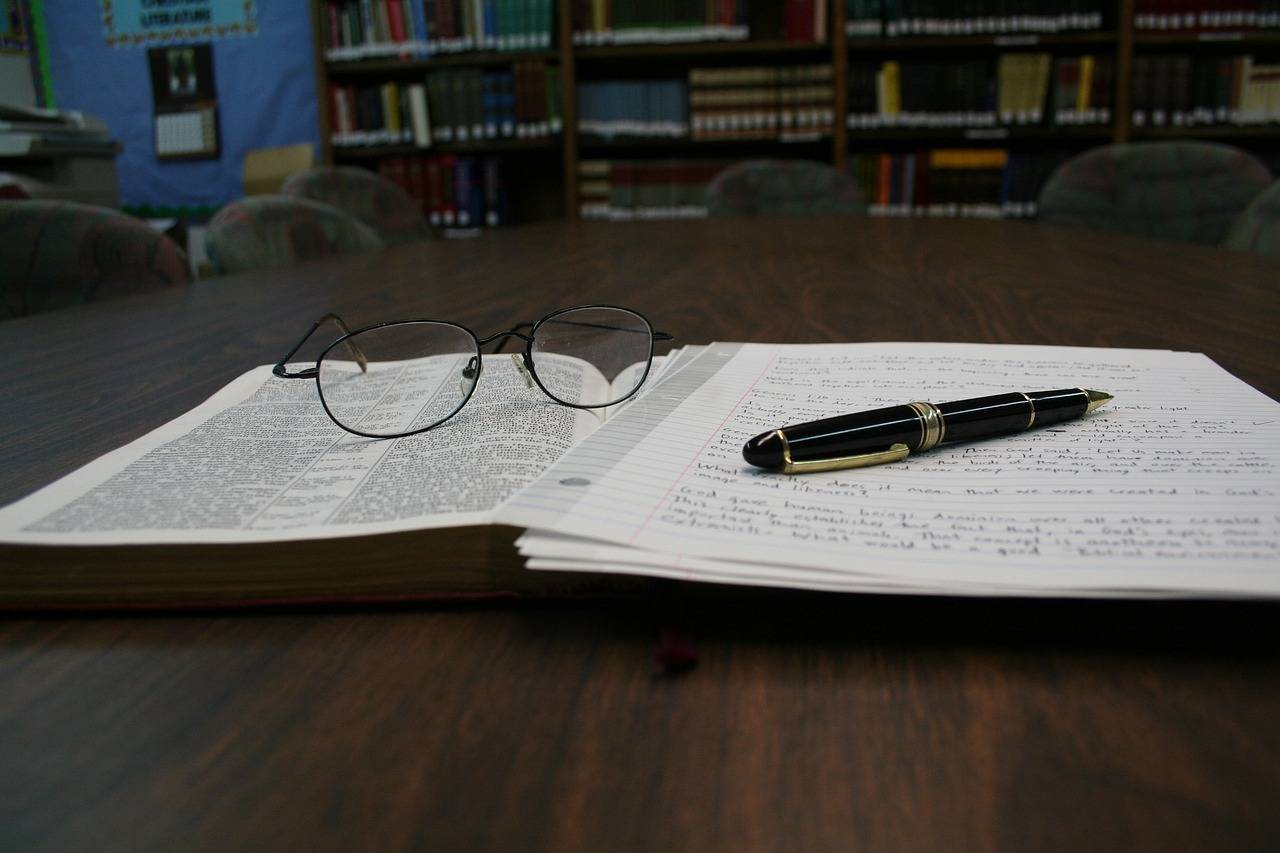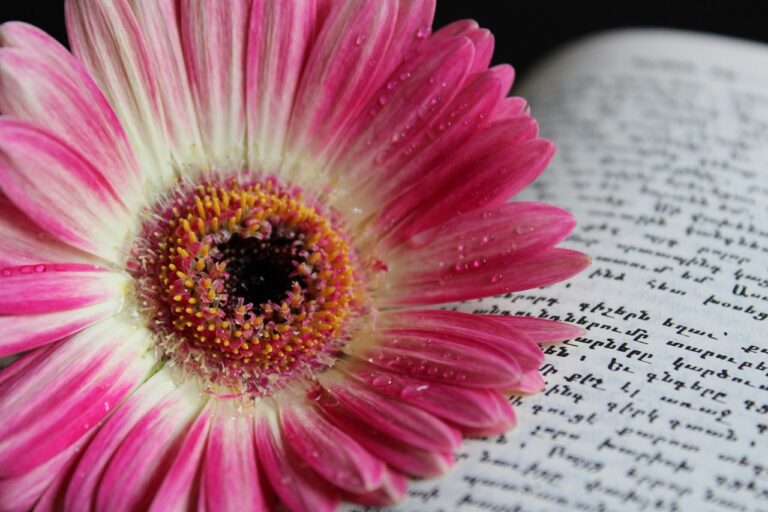Promoting Water Conservation Practices at Campsites: 247betbook, Radhe exchange login, World 777 id
247betbook, radhe exchange login, world 777 id: Are you planning a camping trip in the great outdoors? While immersing yourself in nature can be a rewarding experience, it’s essential to be mindful of water conservation practices at campsites. Promoting water conservation not only helps protect the environment but also ensures a sustainable water supply for future generations of campers. Here are some tips to help you conserve water during your camping adventures.
The Importance of Water Conservation
Before diving into specific tips, let’s understand why water conservation is crucial at campsites. Freshwater is a limited resource, and many campgrounds rely on wells or nearby water sources for their water supply. By implementing water conservation practices, you can help reduce strain on these sources and minimize your environmental impact.
1. Plan Ahead
Before heading to your campsite, research the water availability and regulations in the area. Some campgrounds may have limited access to water or specific rules regarding water usage. By planning ahead, you can prepare accordingly and minimize water waste.
2. Pack Wisely
Opt for reusable water containers and refill them at designated water stations or taps. Avoid single-use plastic bottles, which contribute to plastic waste and require significant water resources to produce. By bringing your reusable containers, you can reduce your environmental footprint and save water.
3. Use Water Responsibly
When using water at your campsite, be mindful of your consumption. Avoid running the tap unnecessarily and only use the water you need for cooking, cleaning, and personal hygiene. By practicing responsible water usage, you can make a significant difference in conserving water resources.
4. Take Shorter Showers
While it may be tempting to indulge in long showers at the campsite, it’s essential to be mindful of water usage. Opt for quick showers to minimize water waste and consider using biodegradable soap to reduce environmental impact. Shorter showers can help conserve water without sacrificing personal hygiene.
5. Collect Rainwater
Take advantage of rainy weather by collecting rainwater for non-potable uses, such as washing dishes or watering plants. Set up a rainwater collection system using buckets or tarps to capture this valuable resource. By utilizing rainwater, you can reduce your reliance on freshwater sources and promote sustainability.
6. Properly Dispose of Greywater
Greywater refers to wastewater from activities like washing dishes or bathing, which can contain soap and food particles. To prevent contamination of water sources, avoid dumping greywater directly on the ground. Instead, use a designated greywater disposal area or pour it into a pit away from rivers or lakes. Properly disposing of greywater helps protect the environment and prevents water pollution.
FAQs
Q: Can I drink water from streams or lakes while camping?
A: It’s generally not recommended to drink untreated water from natural sources, as it may contain harmful bacteria or parasites. Consider bringing a water filter or purifier to make water safe for consumption.
Q: How can I conserve water while cooking at the campsite?
A: Use minimal water when cooking by boiling only what you need. Opt for one-pot meals to minimize water usage and clean dishes efficiently.
Q: Are there any eco-friendly camping gear options to help conserve water?
A: Look for sustainable camping gear, such as biodegradable soaps, compostable wipes, and waterless hygiene products. These eco-friendly alternatives can help reduce water consumption and environmental impact.
In conclusion, promoting water conservation practices at campsites is essential for preserving natural resources and ensuring a sustainable environment for future generations. By planning ahead, using water responsibly, and implementing eco-friendly habits, you can make a positive impact on the environment during your camping adventures. Remember, every drop counts when it comes to water conservation.







